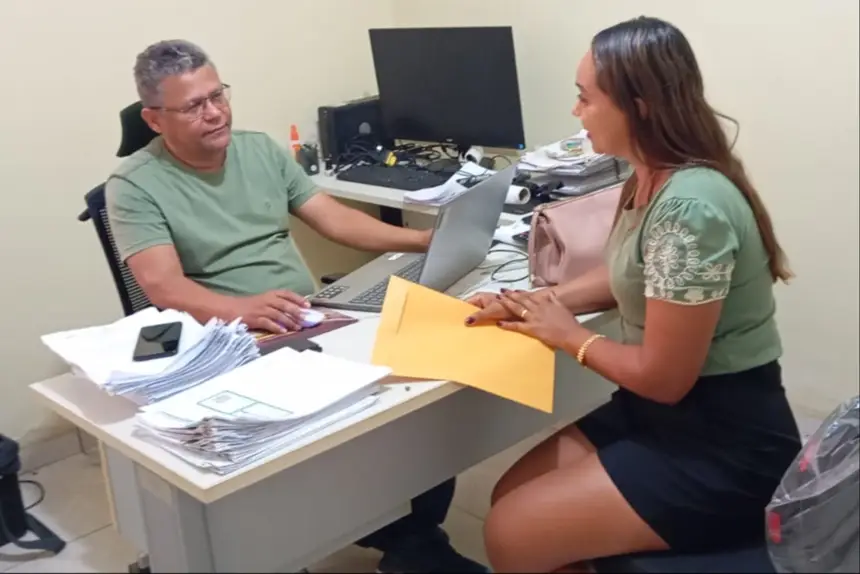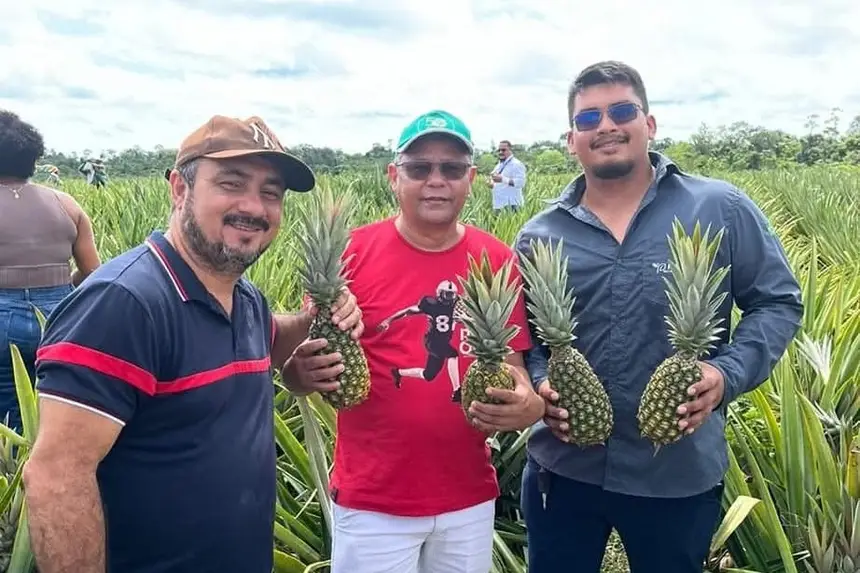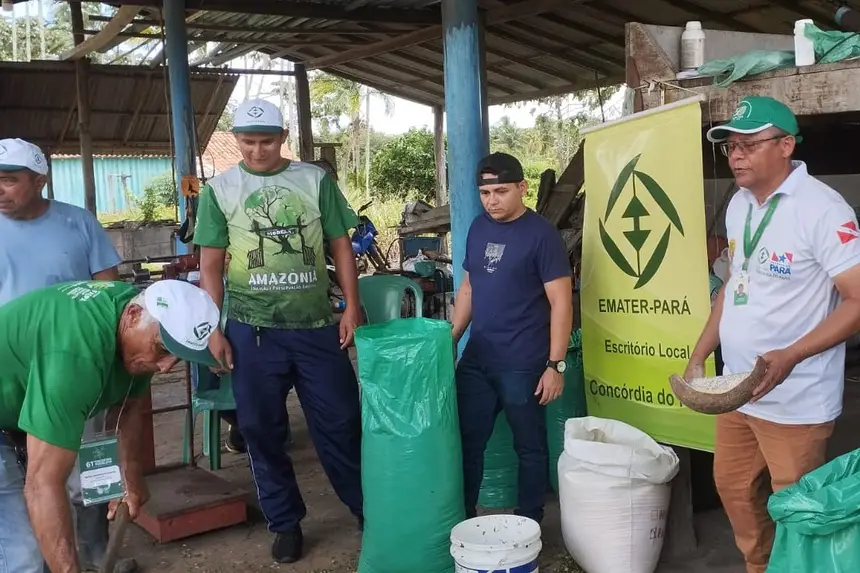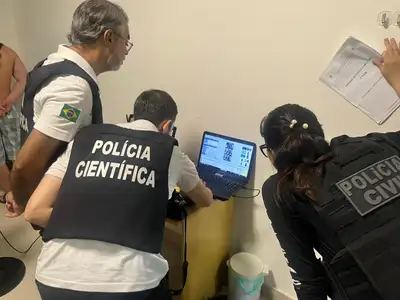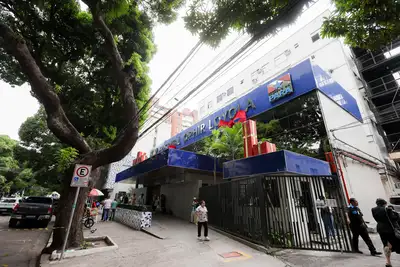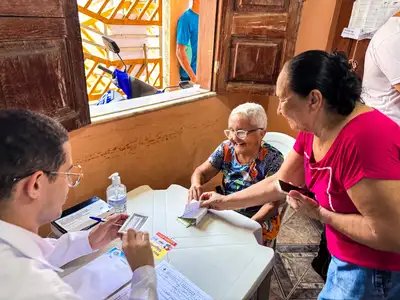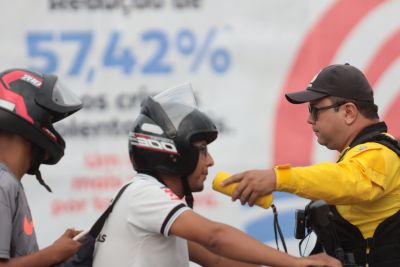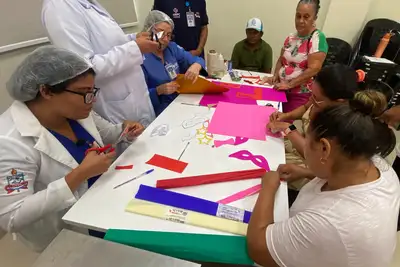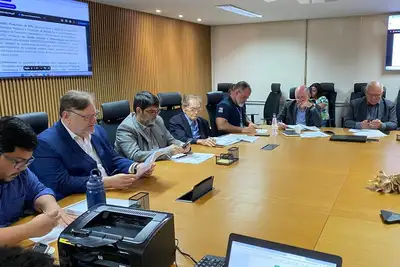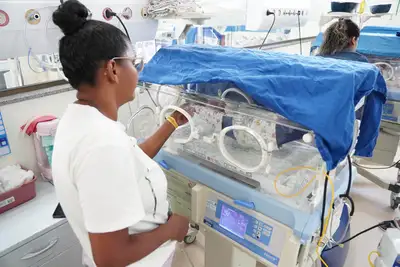State Government Partnership with Municipalities Strengthens Agriculture in Pará
The Technical Assistance and Rural Extension Company of Pará (Emater) formalized a partnership with municipalities in Araguaia, Baixo Amazonas, Carajás, among others
Only in the first half of 2025, the Technical Assistance and Rural Extension Company of Pará (Emater) formalized partnerships with 14 municipalities in the integration regions of Araguaia, Baixo Amazonas, Carajás, Guajará, Rio Caeté, and Rio Capim.
With a duration of one to three years, with the possibility of renewal, the technical cooperation terms (tcts) of the State Government, through Emater, were established with the municipal administrations of Abel Figueiredo, Aurora do Pará, Bannach, Belterra, Benevides, Bujaru, Conceição do Araguaia, Concórdia do Pará, Dom Eliseu, Floresta do Araguaia, Marituba, Monte Alegre, Palestina do Pará, and Santarém Novo.
The partnership immediately includes equipping the teams that provide direct assistance to rural families and sharing databases and goals, among other integrated actions. According to the president of Emater, Joniel Abreu, the good institutional relationship favors specific strategies in the municipalities, such as typical agricultural activities, mapping areas of differentiated ecological value, and defending indigenous peoples and traditional communities.
“Emater recognizes the unique reality and potential of each municipality, and we are interested in mutual collaboration, the union of efforts,” says the head of Emater, Joniel Abreu. He notes that the work of public technical assistance and rural extension (ater) requires adaptation and direction to specific demands.
“When the Government of Pará approaches the municipalities with the action of Emater, it is to promote sustainable solutions, accelerate processes, and truly provide dignity, work, income, quality of life, environmental preservation, supply, and food security to the thousands of family farmers throughout Pará,” adds Abreu.
Boosting
In Concórdia do Pará, on the Rio Capim, farmer Maria Suely Rolim, 52, a land reform settler, has expressed interest in rural credit from the Women line of the National Program for Strengthening Family Agriculture (Pronaf), through a project developed by the local Emater office.
“Emater is a helping hand, a true companion of our dreams and achievements. They are always attentive, available, present at our events. We can count on Emater,” says Maria Rolim, who presides over the Association of Family Farmers of Concórdia do Pará (Agrifpa), with the trade name “Pérolas do Abacaxi.”
The immediate reactivation of rural credit projects for family agriculture in the municipality is one of the plans indicated in the cooperation agreement signed on June 6 between Emater and the City Hall. The focus is on public financing of initiatives such as beef cattle, black pepper, and agroforestry systems (safs) with andiroba, açaí, palm oil, and cocoa, through the Bank of the Amazon (Basa), Bank of the State of Pará (Banpará), Bank of Brazil (BB), and Cooperative Credit System (Sicredi).
Maria Rolim and her husband, Alencar, 63, and the couple's firstborn, Alan Carlos, 22, manage a plantation of 350,000 “pearl” pineapple plants on the Fé em Deus site, in the Tarirateua settlement, on the Nízio Road, at Km 21 of the Transjutaí road. Their two other daughters also live there: Alice, 9, and Samara, 17. The 42 hectares of the property also host plantings of rice, beans, cassava, and corn.
The financial injection will be used to apply technologies and acquire machinery. “With rural credit, I can improve the existing crops on the site and, through the Association, seek to acquire a tractor, which is very necessary for daily field work, in preparing and maintaining the systems,” says Maria.
According to the head of the local Emater office in Concórdia do Pará, forest engineer Raimundo Ferreira, a specialist in Geoprocessing, the joint performance with the City Hall is historic, but until now informal: “The officialization is advantageous in a broad aspect. With logistical support and more human resources, we intend to double the number of families served directly, reach further and more frequently even to federal settlements, and increase the preparation of cars [rural environmental registrations],” he mentions.
Text by Aline Miranda


